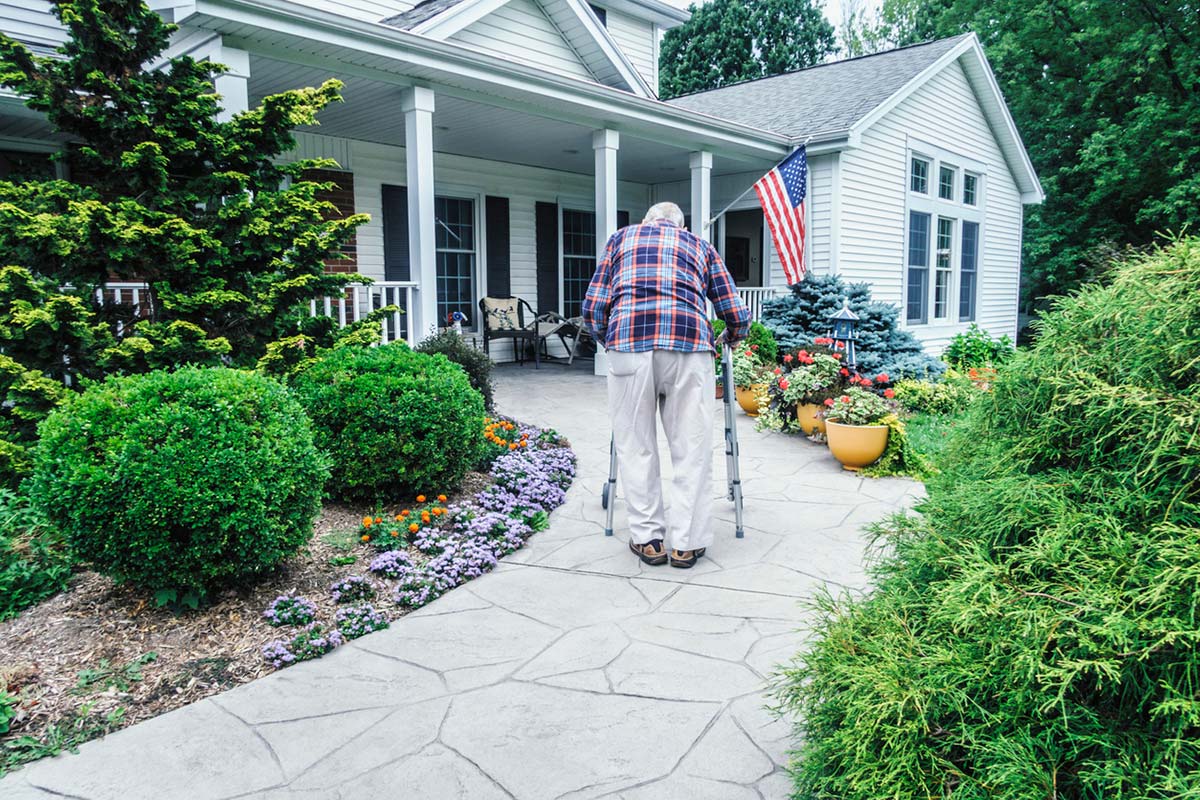The VA Aid and Attendance Benefit provides eligible veterans with tax-free income to pay for care because they need assistance with Activities of Daily Living and were enlisted in the military for at least 90 days, 1 of which was during wartime. It is considered an enhanced pension, and it can also benefit the spouse of the eligible veteran, even if the veteran is deceased.
Previously the benefit was means tested (meaning you would be ineligible if you had too much money) but there were no rules preventing asset transfers to qualify. While asset transfers may have disqualified you from receiving Medicaid, Aid and Attendance benefits were often used as a supplement to assist eligible veterans to stay in the home longer.
If you qualify, you can receive over $1,800 per month maximum benefit plus a spouse (or surviving spouse) can receive their own (smaller) benefit as well. Aid and Attendance can be used to pay for home care, assisted living, insurance premiums, prescription drugs, co-pays, and more. The goal of Aid and Attendance is to help eligible veterans and spouses live outside of a nursing home as long as possible. Recent changes to the law have reduced the value of the benefit by making it more difficult for eligible beneficiaries to obtain benefits.
On October 18, 2018, the VA finalized significant changes for the regulations for the VA Aid and Attendance benefit. They significantly tightened up eligibility requirements and made it more difficult to obtain the benefits. To decipher the changes and what they mean to you, contact Chester County’s leading elder care attorney.
Highlighted changes are:
- A three-year look back period has been imposed for transfers of assets without consideration (gifts);
- A maximum penalty period is not five years for those who make gifts during the three-year look back period. These transfers include the purchase of financial instruments that reduce net worth, such as annuities (which, if structured properly, are acceptable under Medicaid law);
- Transfers made before October 18, 2018 are not penalized;
- Countable net worth will now include all countable assets plus annual gross revenue (income). This will impact veterans and spouses whose income exceeds their Unreimbursed Medical Expenses (UME);
- The maximum asset allowance has been increased to $123,600;
- The primary residence remains exempt.
The Aid and Attendance application process was often long and painful before the changes. But there was often value to applying. Many families will now question whether the benefit is worth the effort given the tighter regulations. This may mean that the brave men and women who have served our country do not get the benefits they should and may end up needing nursing home care sooner. Many have questioned whether there should be any means testing for this benefit as it is a means a rewarding the risks and sacrifices members of our armed forces have made.
It is important that older and disabled adults (veterans or not) contact an experienced elder law attorney to understand all of the benefits available to them. Call Slutsky Elder Law, your Montgomery and Chester County Elder Care and Asset Protection lawyer at (610) 940-0650.

